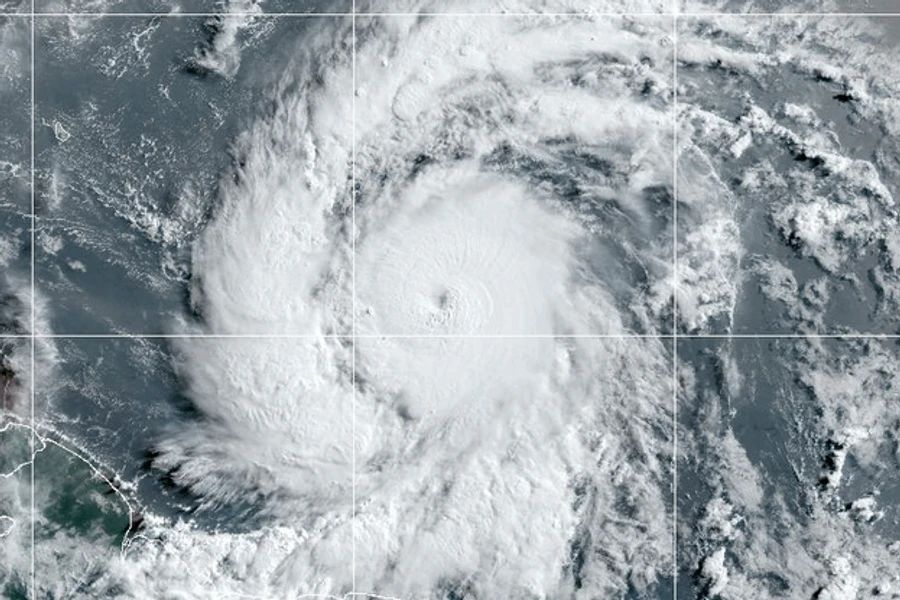A new coalition of advocacy groups—some of them Jewish-led—are urging lawmakers to “amplify the voices of those in Israel, Palestine, and around the world who reject Netanyahu’s failed leadership.”
By Brett Wilkins. Published 7-22-2024 by Common Dreams

Pressure is mounting on U.S. lawmakers to skip Israeli Prime Minister Benjamin Netanyahu’s scheduled address to Congress later this week, as a newly formed coalition of civil society groups announced a protest against the far-right leader—whose policies and actions in Gaza are on trial for genocide at the World Court.
As Netanyahu “brings to Congress his message of extending and expanding the devastating war in Gaza, neglecting the safety of Israeli hostages, and ensuring impunity for the actions of his government, an alternative message must be heard,” the new coalition said in a statement Monday. “To amplify a message of safety, freedom, just peace, collective liberation, and human rights for ALL Palestinians and Israelis, nine diverse groups have come together to form the Peace and Justice Protest Bloc.”
Continue reading









